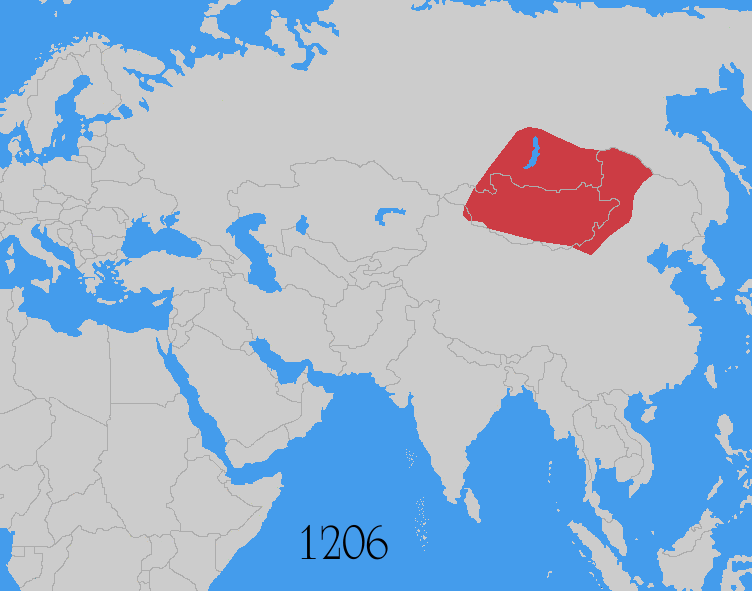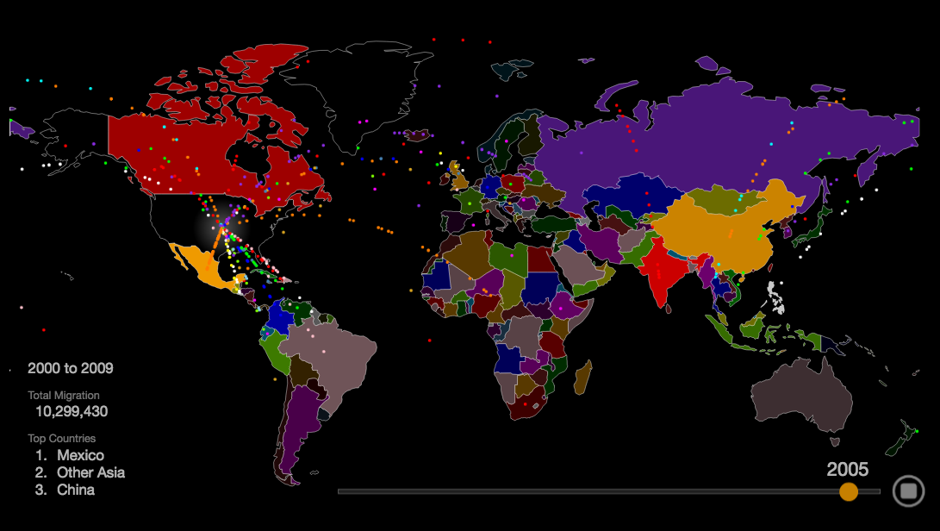After reading this interesting book on the Empire of the Mongols, it behoved me to post maps and some of the pros and cons of this remarkable period in history.
Mongol Conquests
Historians regard the Mongol raids and invasions as some of the deadliest conflicts in human history up through that period. Some Hungarian historians claim that Hungary's long resistance against the Mongols actually saved Western Europe.Under the leadership of Genghis Khan and his descendants in the 13th century, the Mongols quickly built an empire that stretched from Korea to eastern Europe - the largest continuous area of land ever controlled by one ruling family. The rise of the Mongols marked the last major clash between nomadic and sedentary cultures.
Animated!
Barbaric, Mass-Murdering Hordes...
Ancient sources described Genghis Khan's conquests as wholesale destruction on an unprecedented scale in certain geographical regions, causing great demographic changes in Asia.- The total population of Persia may have dropped from 2,500,000 to 250,000 as a result of mass extermination and famine.
- China reportedly suffered a drastic decline in population during the 13th and 14th centuries. Before the Mongol invasion, Chinese dynasties reportedly had approximately 120 million inhabitants; after the conquest was completed in 1279, the 1300 census reported roughly 60 million people.
- About half the population of Kievan Rus' may have died during the Mongol invasion of Rus.;
- Historians estimate that up to half of Hungary's population of two million were victims of the Mongol invasion of Europe.
...Or Enlightened Despots?
The Mongol army led by Genghis Khan subjugated more lands and people in twenty-five years than the Romans did in four hundred. In nearly every country the Mongols conquered, they brought an unprecedented rise in cultural communication, expanded trade, and a blossoming of civilization.They united Eurasia in a truly international trading system, encouraged new forms of communication, and demonstrated the value of religious tolerance at a time when religious differences often led to wars.
Articles
- Mongol invasions and conquests
- Genghis Khan
- Destruction under the Mongol Empire
- How Mongolian hordes reduced the Earth's carbon footprint






